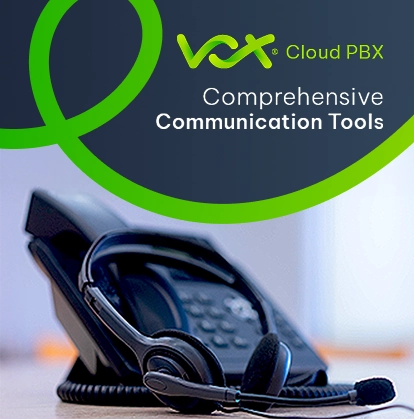As owners of guest lodges, Airbnbs and other types of holiday accommodation gear up for the busy festive season, they need to ensure that they are delivering a good Wi-Fi experience for guests. It is becoming increasingly apparent globally that modern customers demand seamless connectivity and this is often reflected in the online ratings, says Vivica CEO Jacques du Toit, who adds that a spike in queries from guest house owners means this trend is also reflected in South Africa.
“It is important to define what a good Wi-Fi experience is,” says Du Toit. “It means full coverage, simple experience to access the Wi-FI, uncapped and unrestricted access and lastly, backup power when there is loadshedding.
Guests need to be able to walk in and connect with no password, have no cap on data usage and no restrictions or limitations on what they can do online. In other words, if they want to stream Netflix all night or perform a software update on their phone, they need to be able to do this.”
Previously, this type of connectivity was either not possible or too expensive, which is why some guest houses still don’t have this type of Wi-Fi capability, says Du Toit. “There are still guest houses which provide passwords that need to be renewed when data limits are exceeded and this is a big red flag for digitally savvy consumers. In the past it was expensive but modern fibre-to-the-business (FTTB) packages, such as those provided by Vox, deliver a full, uncapped and high-speed service at a cost similar to traditional fibre-to-the-home (FTTH) packages. There’s just no reason for holiday accommodation not to move with the times,” he says.
Having a good internet package is one thing, but guest houses need to invest in backup. “The reality is that if it isn’t load shedding then there may well be an unexpected power cut,” explains Du Toit. “ISPs offer small internet-specific UPS systems that ensure uninterrupted connectivity. More people need to know about these and it is certainly something we at Vox understand as a basic requirement for any establishment that has guests.”
Du Toit says that there is a definite need to educate small business owners, such as guest accommodation owners or managers, about how Wi-Fi works because simple shifts can radically overhaul the connectivity experience. “When people switch to Vox we often see situations where they had upgraded to the highest speed packages available, but they were not advised to upgrade their access points. Using end-of-life technology simply prevents a good Wi-Fi experience,” he says. Wi-Fi access points need to be replaced at least every 2 years. Customers also need to ensure that the software is regularly updated to ensure optimal performance and up to date security measures.
Beyond that, not enough people understand the difference between 2.4 GHz and 5 GHz Wi-Fi networks. “I am sure most people have noticed two options when they turn on their routers for the first time. These aren’t negligible. Choosing the right frequency for the right purpose is crucial. 2.4 GHz has a longer range and can penetrate walls and rooms, but it may experience more interference and have a lower throughput. Here, the user will experience slower speeds, albeit further away from the router. 5 GHz, on the other hand, provides faster speeds but its effective range is far shorter,” explains Du Toit.
When people realise this, or when they have dead spots in their businesses or homes, they often buy Wi-Fi extenders, which Du Toit says is not an optimal solution because they don’t work as people expect them to. “Rather, customers should be educated about wireless mesh network. At a place such as Vox, a mesh device can be rented for a very small monthly fee, yet the Wi-Fi experience is drastically improved” says Du Toit.
In a mesh Wi-Fi environment, instead of relying on a single Wi-Fi device such as a traditional router, you have multiple access points placed strategically throughout the home or office. These access points work together to provide a more reliable and extended wireless coverage. The advantage is that as you move around, your devices seamlessly connect to the access point with the best signal, ensuring a consistent internet connection.”
This can be set up once-off, says Du Toit, or businesses that place a premium on a good Wi-Fi experience for their customers or guests, can engage with Vox for managed Wi-Fi, he says. “Managed Wi-Fi allows a step-shift away from complexity and an over-reliance on a Wi-Fi architecture that isn’t ideally suited to each location’s unique needs. The managed service means businesses benefit from hands-on convenience and support within a reliable and performance-optimised ecosystem,” he says.













